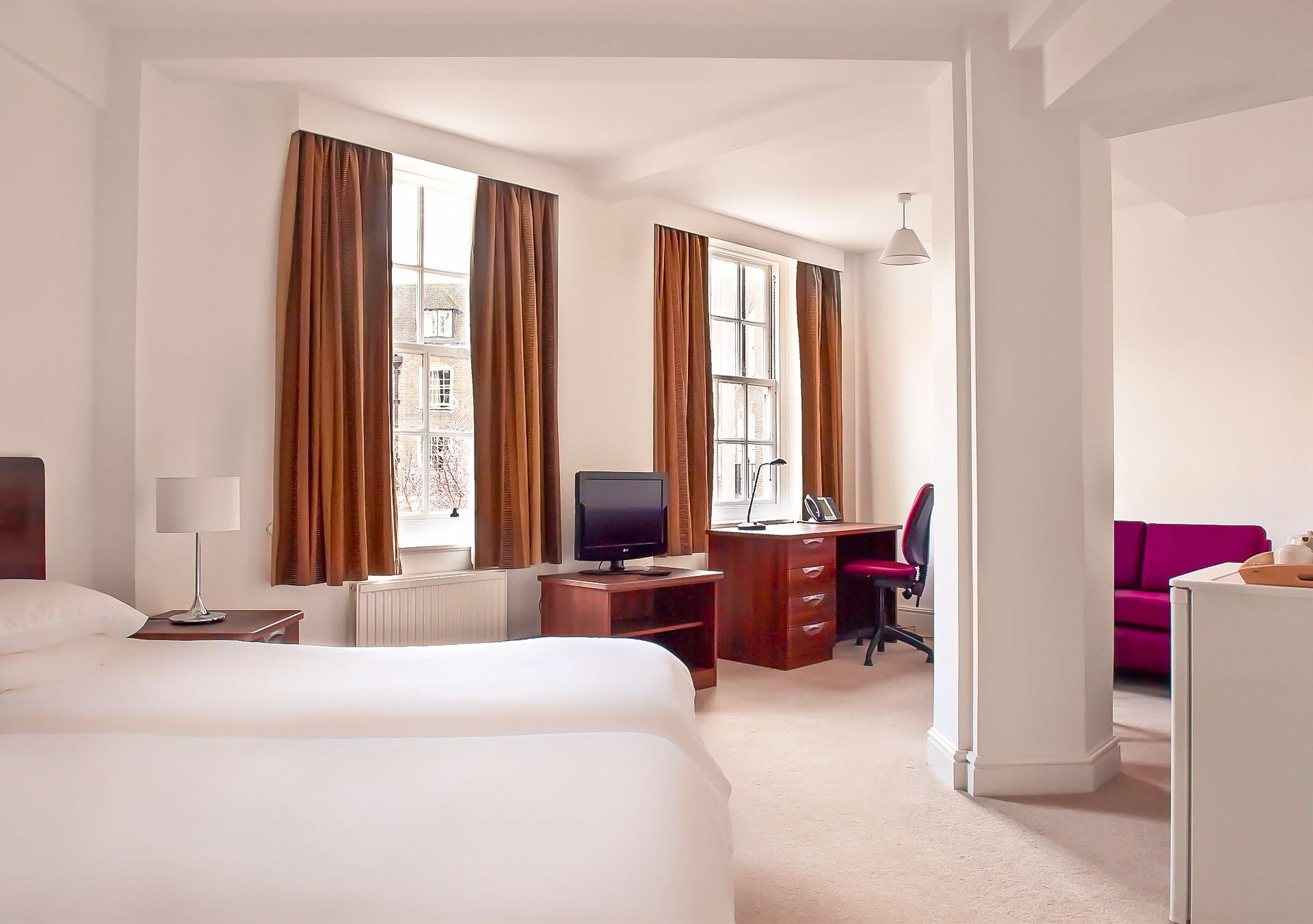Archaeological evidence from sites in and around Cardiff shows that Neolithic people had settled in the area by at least around 6,000 BP (Before Present), about 1,500 years before either Stonehenge or the Great Pyramid of Giza was completed. A group of five Bronze Age tumuli is at the summit of The Garth within the county's northern boundary. Four Iron Age hillfort and enclosure sites have been identified within Cardiff's present-day county boundaries, including Caerau Hillfort, an enclosed area of 51,000 metres squared.
King Edward VII granted Cardiff city status on 28 October 1905, and the city acquired a Roman Catholic Cathedral in 1916. In subsequent years an increasing number of national institutions were located in the city, including the National Museum of Wales, Welsh National War Memorial, and the University of Wales Registry Building—however, it was denied the National Library of Wales, partly because the library's founder, Sir John Williams, considered Cardiff to have "a non-Welsh population".
Cardiff: the universities
Cardiff University is located in the Cathays Park area of Cardiff, Wales. It received its Royal charter in 1883 and is a member of the Russell Group of Universities. The university is consistently recognised as providing the best university education in Wales. Cardiff University celebrated its 125th anniversary in 2008.
In 1931, the School of Medicine, which had been founded as part of the College in 1893 when the Departments of Anatomy, Physiology, Pathology, Pharmacology were founded, was split off to form the University of Wales College of Medicine. In 1972, the College was renamed University College, Cardiff.
On 1 August 2004 the University of Wales, Cardiff merged with the University of Wales College of Medicine. The merged institution separated from the collegiate University of Wales and officially took the name Cardiff University.
Cardiff Metropolitan University is made up of five Academic Schools: The renowned Cardiff School of Art & Design; The Cardiff School of Education - one of the leading providers of teacher training in the UK; The Cardiff School of Health Sciences - with the recently opened £4.9million research centre; The Cardiff School of Management - which offers the largest on campus MBA in the UKand its famous Cardiff School of Sport.
The roots of Cardiff Metropolitan University date back to the mid 1800s, however there have been some changes and Cardiff Met as it is today was established in 1996. In 2007 Cardiff Met was the first UK university to be awarded the Government's Charter Mark for Excellence for the 5th time. Cardiff Met has over 11,000 students from over 125 countries worldwide.
Famous Alumni
Cardiff University: Faisal al-Fayez (former Prime Minister of Jordan), Paul Atherton (television/film producer), Professor Robin Attfield (philosopher), The Rt Revd Gregory Cameron (Bishop of St Asaph), Dr Sheila Cameron QC (lawyer and ecclesiastical judge), Philip Cashian (composer), Gillian Clarke (poet), William Gareth Davies (Rugby footballer and chief executiveof Cardiff Rugby Football Club), Huw Edwards (journalist), Professor Sir Martin Evans (Nobel Prize for Medicine 2007), Glenys Kinnock (politician), Neil Kinnock (politician), Bernard Knight (crime writer).
Cardiff Metropolitan University: Olympic Gold medallist Lynn Davies CBE, TV Presenters Jill Dando and John Inverdale and former Welsh rugby union scrum-half Gareth Edwards CBE.
